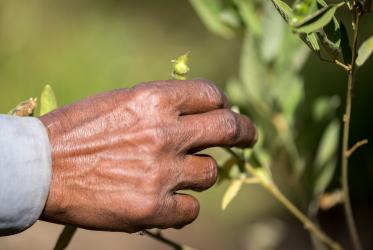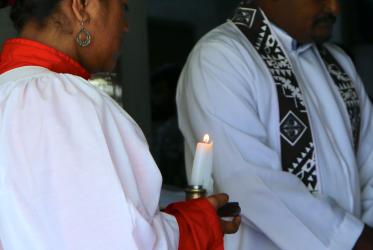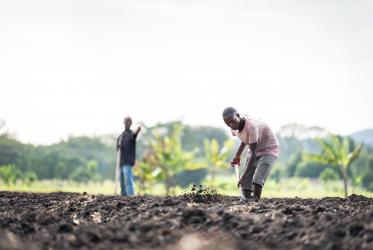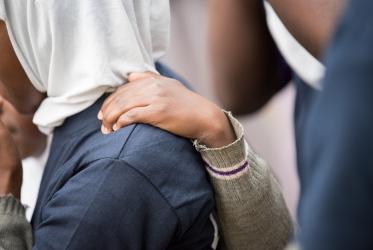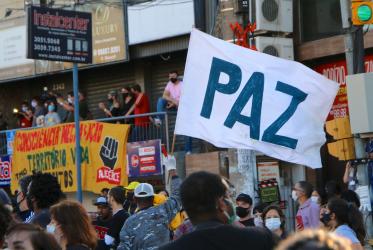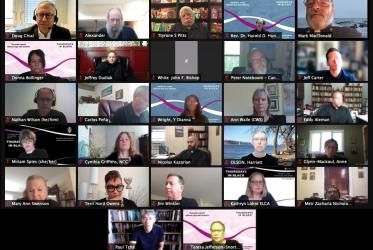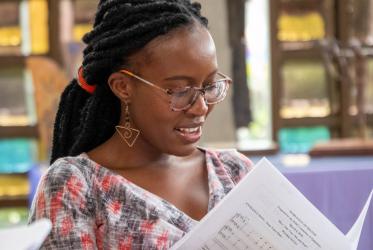Displaying 21 - 40 of 126
09 December 2021
Webinar remembers past massacres in the Pacific
21 October 2021
Calls grow globally for peace and accountability in South Sudan
24 September 2021
Scottish and UK religious leaders call for urgent climate action
20 September 2021
In Lebanon, “without peace there is no justice”
21 July 2021
WCC Eco-School 2020 for Pacific region is further postponed
14 January 2021
